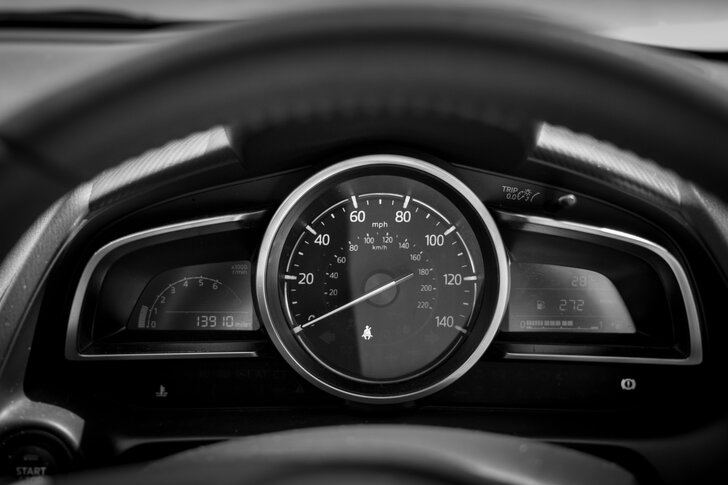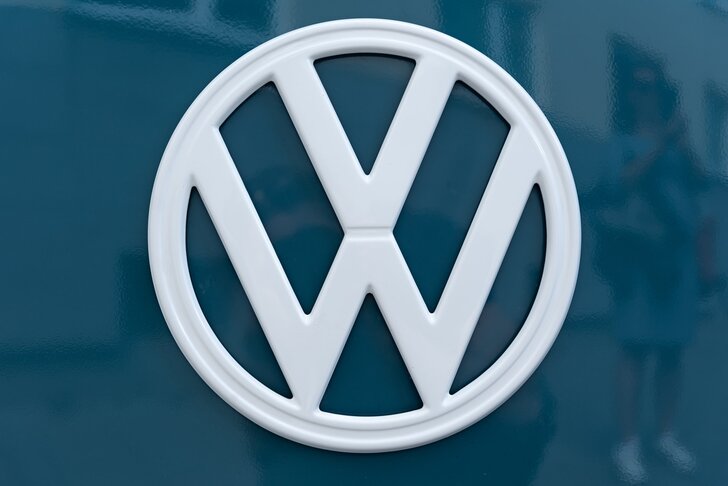Often, to stay in business, big brands have to comply with government norms whether they like it or not. That’s what automakers are currently doing in China.

Recently, during an interview with Reuters, well-known automobile companies like BMW, Tesla, Ford, and Daimler revealed that they had to set up facilities in China to store the data generated by their local cars. This move came as a result of growing pressure from the Chinese market to show the handling of data stored in the vehicles.
In here, we have summarized what the automakers said during the interview.
A quick look at the interview
On May 25, 2021, Tesla disclosed that it had set up a base in China to store the data from local cars. A few days later, other automakers announced that they had done the same. Ford Motor commented that in the first half of 2020, it had established a data center in China, and currently, it was recording all of the company’s local data.
BMW, one of the greatest luxury vehicle producers, also announced that it has been operating local data centers for the Chinese fleet. However, the company failed to notify that since when it was doing so.

When so many automakers were making announcements, how could Daimler AG stay behind? The German multinational automotive company declared that it manages a data center dedicated to Chinese customers and that it has complete records of the data generated by its local vehicles.
Among the pool of automakers confirming that they have a data center in China, two companies refused to comment on how they were managing their data. General Motors and Toyota Motor Corp said that they wouldn’t discuss their data handling methods. On the other hand, Renault stated that it doesn’t have a data center in China yet.
Other companies like Nissan Motor and Stellantis assured that they would fall in with the Chinese rules, but they abstained from giving any more details. Volkswagen agreed that complying with the laws is necessary, but even it avoided getting into specifics. Honda Motor Co and Hyundai Motor Co, two of the largest vehicle sellers in China, strictly refused to comment on the issue.

New additions to the rule
In 2017, China introduced a cybersecurity law under which companies had to store all locally generated vehicle data inside the country’s borders. At the beginning of this month, China’s cyberspace regulator made a few upgrades to this rule wherein automakers would have to take customer permission before collecting driving data. Also, if they wanted to send any data to foreign entities, they’ll have to obtain regulatory permission.
After the draft went public, Sino Auto Insights analyst Tu Le commented that automakers shouldn’t be surprised with the new proposal. He opined that the lack of a data strategy shows that global automaker’s decision-making power lies in their home offices.
Le stated that automakers are still struggling to evolve digitally. Still, in the future, data will be a guiding force for companies, and it will differentiate the good ones from their competitors.

